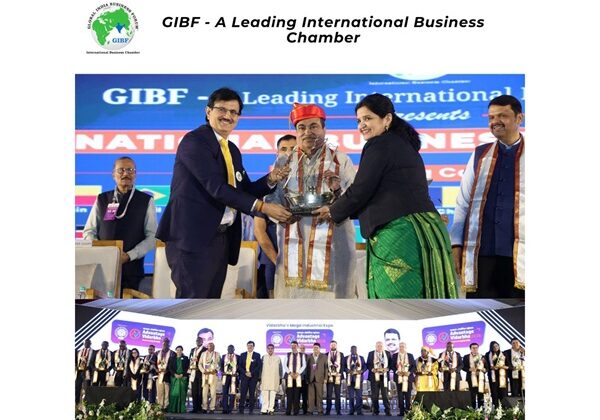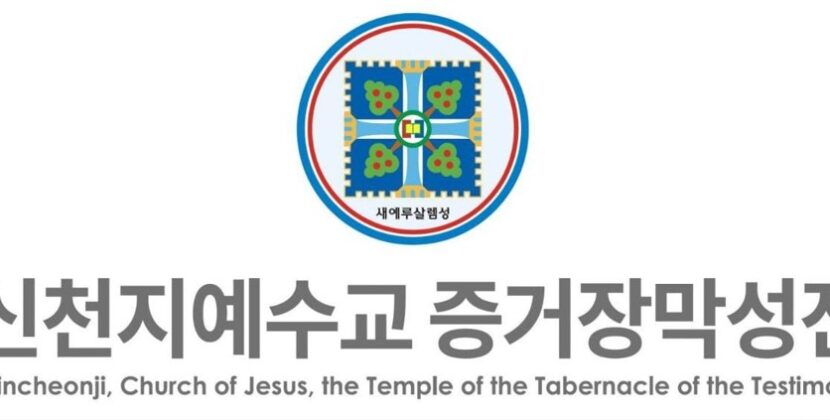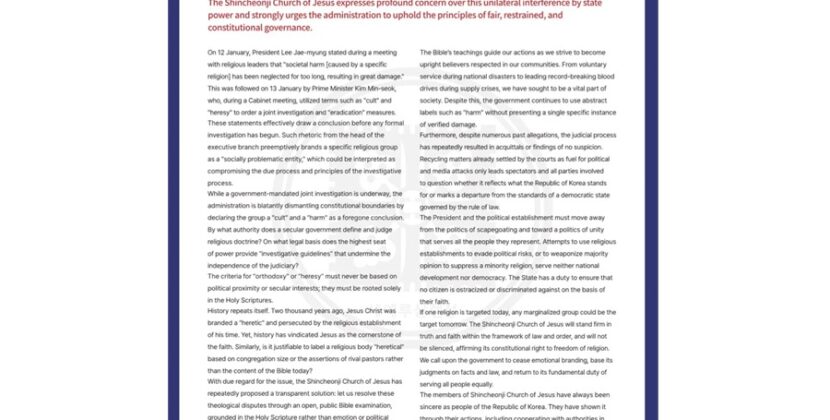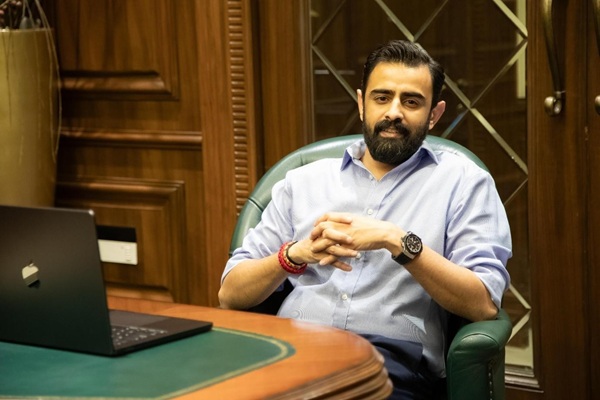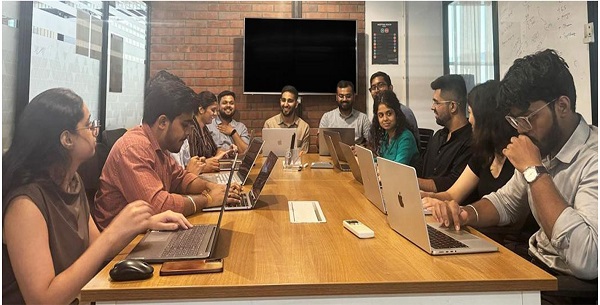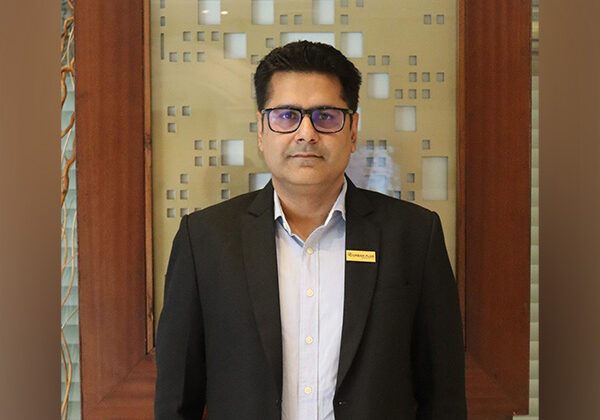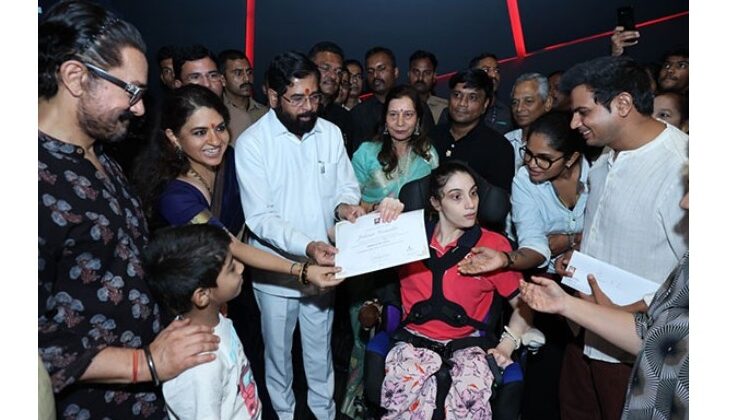
Latest post
Popular Posts

Alt DRX Blockchain Technology Makes Real Estate Investable for Everyone (965)
- India Press Releases
- November 7, 2024
Category: General News
- Home
- General News
Popular Post

Alt DRX Blockchain Technology Makes Real Estate Investable for Everyone (965)
- India Press Releases
- November 7, 2024
Newsletter
Weather
mist
19℃
32º - 18º
humidity: 30%
wind: 3 km/h
-
31℃Thu
-
32℃Fri
-
32℃Sat
-
33℃Sun
-
32℃Mon
-
34℃Tue


